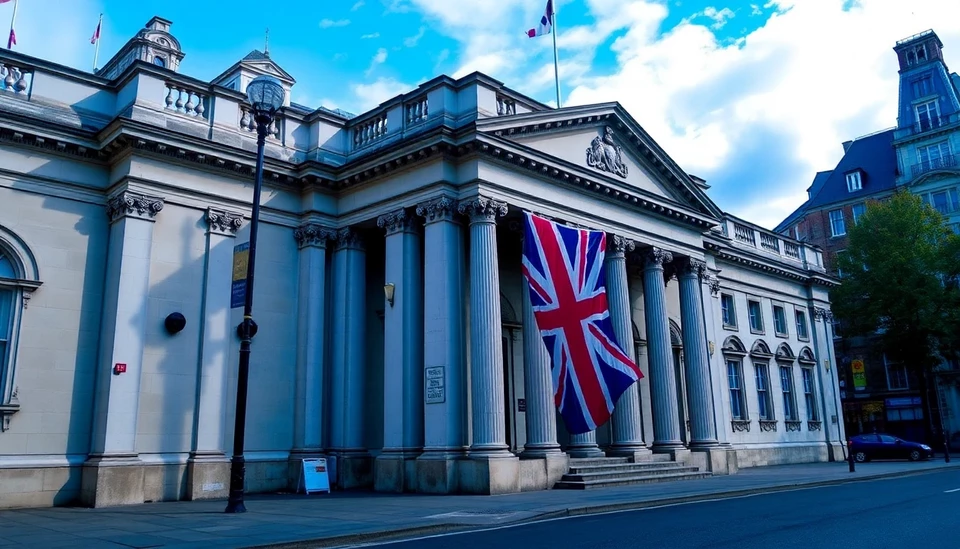
The Bank of England (BoE) is gearing up to potentially lower interest rates in response to a myriad of economic factors, including budgetary implications driven by international events and political dynamics. As the financial landscape evolves, analysts are closely watching for indications of how the UK could navigate the continuing fallout from Donald Trump’s recent budgetary decisions.
With the American economy showing signs of fatigue post-2024 election, the repercussions are being felt across the Atlantic. The BoE’s deliberations come at a time when the UK is grappling with its own economic challenges, including inflation rates and growth forecasts that have raised concerns among policymakers.
Currency fluctuations and trade relationships, largely influenced by the outcomes of US policies, are also creating waves in the UK’s economic strategies. The looming prospect of economic slowdown has intensified discussions within the Bank of England, as they work to ascertain the most effective course of action in response to these developments.
In recent meetings, BoE officials have signaled that rate adjustments could be on the table, particularly if inflation shows signs of retreating and if economic growth continues to wane. The potential cut in interest rates could serve as a stimulus measure, aiming to bolster consumer spending and entice investment in a tense economic climate.
The ramifications of a rate cut could extend beyond the immediate economic landscape, affecting everything from housing markets to personal finance. Homeowners and potential buyers are particularly attuned to these developments, as lower rates could mean cheaper mortgages and greater affordability in a sector that has felt the pinch of rising living costs.
Moreover, the upcoming budget reforms, which are set against the backdrop of these rate discussions, may also impact public spending and investment planning. With the financial pressures stemming from Trump's budgetary shifts, the UK's fiscal strategy may need to adapt rapidly to maintain economic stability and avoid recession.
Anxiety exists within the financial markets as uncertainty breeds volatility. Investors are keenly observing the BoE’s next moves, awaiting any signals that could suggest a shift in monetary policy. Market analysts emphasize the importance of the BoE's guidance in helping navigate these unpredictable waters, with implications that could affect global market dynamics.
As the Bank of England prepares to meet, the anticipation surrounding rate discussions is palpable. All eyes will be on their decision-making process, as stakeholders from all sectors look for clarity and direction amid swirling economic concerns.
In summary, the Bank of England stands at a crossroads, weighing careful adjustments against the relentless backdrop of international economic shifts and political influences. The potential for a rate cut seems likely as they aim to steer the UK economy toward more secure waters in an era plagued with uncertainty.
#BankofEngland #RateCuts #EconomicOutlook #DonaldTrump #UKEconomy #InterestRates #BudgetReforms #MarketVolatility
Author: Daniel Foster




